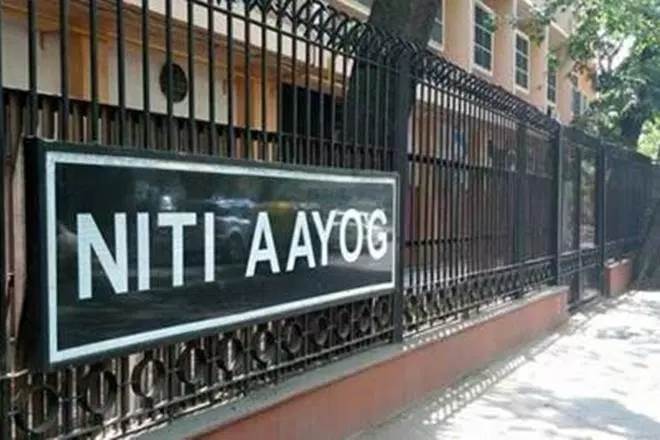By Pritish Raj
The NITI Aayog is likely to extend the deadline of two weeks given to two- and three-wheeler manufacturers to come out with a comprehensive road map for rolling out only electric three-wheelers by 2023 and electric two-wheelers (up to 150cc) by 2025, people aware of the development said. If implemented, companies cannot sell conventional two- and three-wheelers beyond the mentioned timeline.
On June 21, officials of the NITI Aayog met industry representatives and gave them two weeks to draw up a concrete plan for the rapid adoption of electric vehicles. Highlighting growing pollution and excessive oil imports as the reason, the think-tank proposed to ban three-wheelers running on internal combustion engine (ICE) by 2023 and two-wheelers up to 150cc by 2025.
“Since the two weeks is ending on the day the Budget will be presented, companies are likely to get a couple of more weeks to respond,” one of the persons said, adding that many officials are of the view that they might need more time to come out with a plan of action.
The move to extend the deadline comes following sharp criticism from all the two-wheeler makers, including Bajaj Auto MD Rajiv Bajaj and TVS Motor Co Chairman Venu Srinivasan, saying it would lead to potential loss of jobs and seriously undermine Make in India, as India imports majority of the components used in the EVs. On Wednesday, Tata Sons chairman N Chandrasekaran said the government and the industry need to work together to calibrate holistically the timeline of significantly reducing emissions.
Srinivasan said it would take at least four months to respond as stakeholders, supply chain including vendors, battery makers and global consulting firms, would be approached. “We have said we will take four months to come with a plan,” Srinivasan said, adding it is not possible to assess an industry with 20 million vehicles and $15 billion in two weeks.
Rajiv Bajaj said he believed a 100% transition is completely uncalled for. “I am shocked because ICE of Indian two- and three-wheelers that are the global benchmark for low emission and high fuel efficiency must be banned within the next few years with scant deliberation on where the unemployed are to go or from where the electricity for charging is to come,” he said.
Sources close to the development said the government is also likely to implement the electrification in key cities by 2025 instead of a nationwide rollout. “The think-tank is considering to implement the norm phase-wise as per the rank of pollution levels of the cities, post which a timeline will be given to the companies to sell only electric three and two-wheelers in those cities,” they said.


